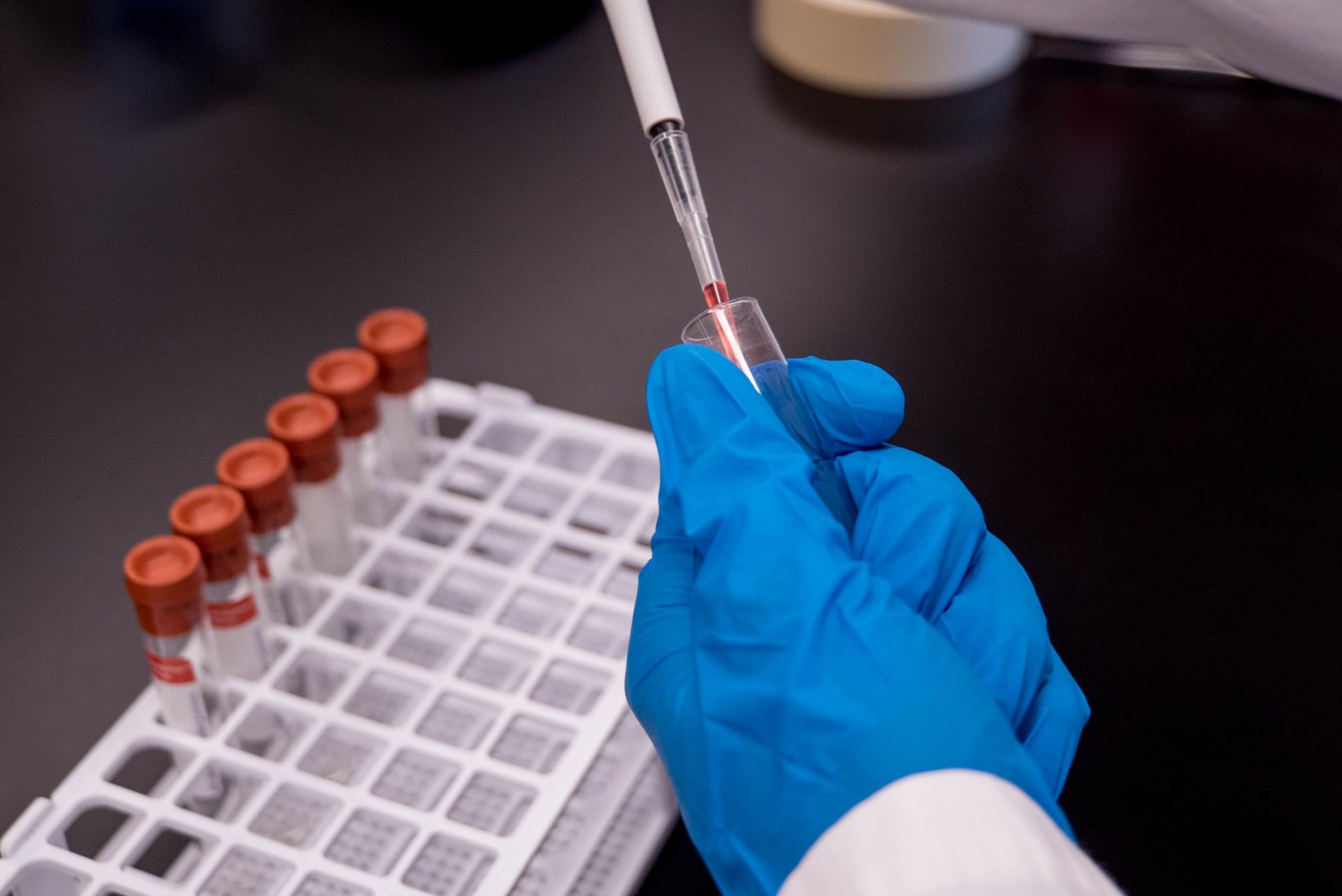The need to identify qualified forensic scientists who can provide essential professional services for the nation’s judicial and executive branches of government has long been recognized. In response to the professional need, the American Board of Forensic Toxicology was organized in 1975 to provide, in the interest of the public and the advancement of the sciences, a certification program in forensic toxicology. In purpose, function, and organization, the ABFT is analogous to the certifying board in the various medical specialties and scientific fields. The ABFT is not a membership organization.

Certification of Forensic Toxicologists
The objectives of the board are to establish, enhance, and revise as necessary the standards of qualification for those who practice forensic toxicology and to certify as qualified scientists those voluntary applicants who comply with the requirements of the board. The ABFT strives to be fair and objective and shall not discriminate based on race, color, religion, gender, national origin, age, creed, disability, veteran’s status, sexual orientation, gender identity, or gender expression. In this way, the board aims to establish a practical and equitable system of readily identifying those who possess the requisite qualifications and competence in forensic toxicology.
Certification is based upon the candidate’s personal and professional record of education and training, experience, achievement, and a formal written examination. The ABFT is committed to maintaining impartiality in its certification program. Policies and procedures are designed to provide separation between examination development and the certification process. Applicants and certificants must be engaged in the practice of forensic toxicology.
As of April 11, 2024, there are a total of 508 certificants certified by the ABFT: F-ABFT (173), D-ABFT-FA (48), D-ABFT-FD (19), D-ABFT-FT (252), A-ABFT (16).
The ABFT is recognized by CMS for the credentialing of laboratory directors of high complexity testing in accordance with 42 CFR 493.1443(b)(3)(i). This is limited to individuals with fellow status and a doctoral degree in a chemical, physical, biological, or clinical laboratory science.
Laboratory Accreditation Standards
The objectives of the board are to establish, enhance, and maintain standards of qualification for those laboratories that practice postmortem forensic toxicology or human performance toxicology and to accredit as qualified laboratories those applicants who comply with the requirements of the board. In this way, the board aims to establish a practical and equitable system of readily identifying laboratories that have demonstrated the requisite qualifications and competence in forensic toxicology.


410 North 21st Street
Colorado Springs, CO 80904
admin@abft.org
Phone: (352) 258-6125
The ABFT is a nonprofit 501(c)(6) organization incorporated in the District of Columbia.
The ABFT has been accredited by the Forensic Specialties Accreditation Board (FSAB) since March 1, 2006.
Information found in ABFT documents or website, including advertising, is intended to be accurate and not misleading at the time of publication.
Contact Us
ABFT is a certification and accreditation organization and cannot provide consultative or referral services. Therefore, ABFT will not reply to any inquiries of this nature.
Copyright © 2024 American Board of Forensic Toxicology. All Rights Reserved.
